Have you felt severe mental issues causing physical pain or suffering? Amidst the turmoil of life’s understanding, the anguish meaning could be your way of finding solace.
We will explore the meaning of anguish and how it differs from anxiety. We will help you learn what does anguish feels like for people going through mental issues.
In order to provide you with some peace we will also provide you with 7 pathways on how to deal with anguish.
Anguish Meaning
Imagine a feeling so overwhelming that it seems to tighten its grip not just on your body, but also on your mind and spirit. That’s the essence of anguish, a profound state of extreme distress that can make you feel like you’re trapped in a suffocating whirlwind of pain.
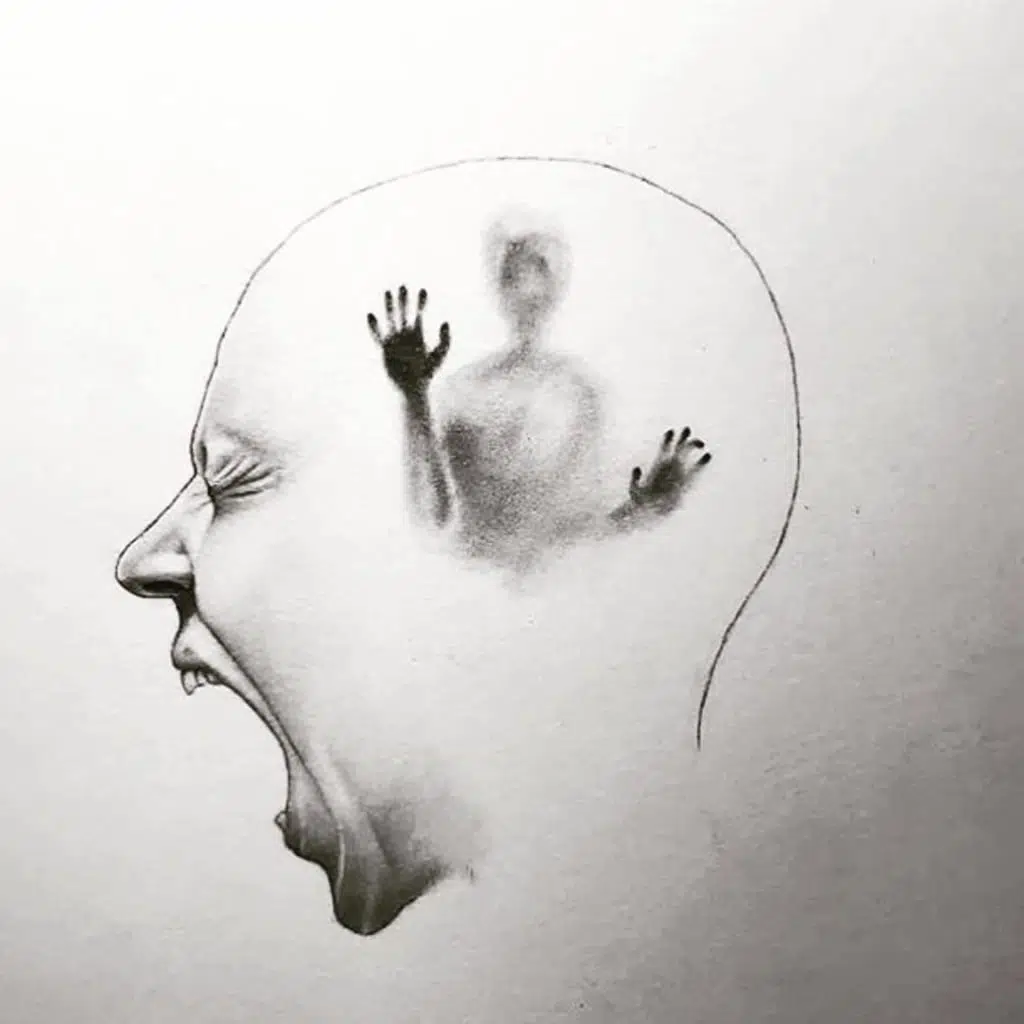
It’s the kind of pain that goes beyond physical suffering; it seeps into the depths of your soul, leaving you grappling with overwhelming grief, haunting remorse, or a pervasive sense of despair that’s hard to shake off.
This deep-seated emotion isn’t just a modern phenomenon; its roots go way back, etched into the very core of our shared human history.
Read More: Warning Signs Of Extreme Mental And Emotional Exhaustion
Anguish Meaning in Holy Scriptures
In the ancient writings of the Old Testament, they describe anguish using words like “straitened” and “pressed,” which basically mean feeling confined or squeezed.
They also use terms like “giddiness” and “confusion of mind” to explain how it feels like everything is mixed up and confusing.

In the New Testament, they talk about “a pressing together,” which is like feeling a lot of pressure, and it represents affliction, trouble, and extreme distress. It’s like being stuck in a small space or going through a lot of physical or mental pain.
These writings show that anguish can come in different forms.
It can be the intense pain a woman feels during childbirth, the inner turmoil caused by doing something wrong, or the deep suffering from being in really tough situations.
Read More: Postpartum Depression – 26 Signs, Causes, Effects, Treatment
Whether it’s the anguish of being enslaved, the burden of having powerful rulers, or the heartbreak of watching loved ones suffer, anguish shows up in many ways.
However, the common understanding of anguish meaning has been distorted by a lack of understanding of mental illness issues. People often mix up between Anguish and Anxiety.
Let’s examine the distinction between anguish vs anxiety.
Read more: Navigating Modern Spirituality: A Guide To Finding Your Spiritual Path
Anguish Vs Anxiety

Fear is a powerful emotion that often arises in the face of danger, triggering a response that can be immobilizing but serves as a crucial protective mechanism.
However, when anxiety becomes overwhelming or persistent, it can develop into a genuine disorder, presenting as a vague sense of unease accompanied by apprehension, breathlessness, palpitations, and excessive sweating.
However, learning about the anguish meaning shows us that it stems from a surge of emotional stimuli and often manifests as a sudden crisis, distinguishing anguish vs anxiety can be hard.
Anxiety
Anxiety, in essence, involves the anticipation of a potential threat in the future, albeit this perceived “threat” isn’t concrete or tangible.
According to studies, anxiety tends to dissipate once its trigger has passed. However, if the symptoms persist and begin to significantly impact an individual’s quality of life.
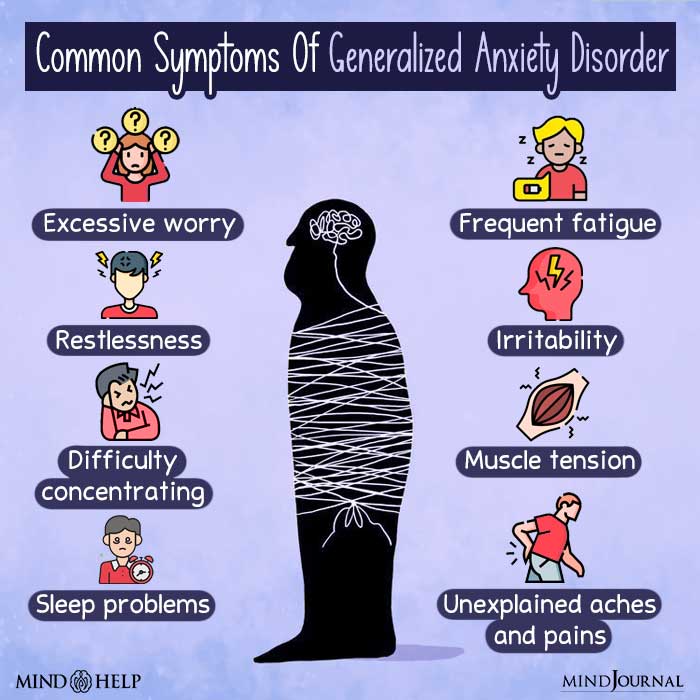
The following are some symptoms of anxiety that may help you understand the distinction between anguish vs anxiety:
- Rapid heartbeat
- Breathing difficulties
- Perspiration changes (cold sweat or excessive sweating)
- Trembling or shaking
Understanding what does anguish feel like could help us examine further how anguish vs anxiety can be distinguished.
Read more: What Is Anxiety? 19 Signs, Causes, Self-Help Tips, FAQs
What Does Anguish Feel Like
According to researchers, anguish can be compared to a profound sense of anxiety and deep, intricate suffering or grief, often relating to something immensely meaningful to individuals.
This emotional state can manifest in both physical and emotional ways. Physically, it can lead to sensations such as pain, tenderness, a sense of heaviness, tearfulness, and a notable slowdown in movement and energy.
Furthermore, aside from its physical manifestations, anguish can also prompt an exploration of one’s identity, beliefs, and other existential questions.
Symptoms of Anguish
The following are some of the symptoms in which anguish can manifest in our lives:
1. Overwhelming emotional distress
Anguish often brings a sense of profound emotional distress that can feel all-encompassing. It may be triggered by a significant loss or traumatic event, leading to an intense emotional response.
2. Intense feelings of sorrow or grief

Anguish frequently involves deep sorrow and grief, especially in response to a situation or event that holds great personal meaning or significance.
3. Persistent feelings of hopelessness or despair
Anguish can lead to enduring feelings of hopelessness and despair, making it difficult to envision a positive outcome or a way out of the emotional turmoil.
4. Physical Pain
The emotional weight of anguish can often manifest physically, leading to sensations of pain, heaviness, or tension in various parts of the body.
This is a reflection of the mind-body connection and how emotional distress can affect our physical well-being.
It’s important to note that the severity and combination of these symptoms can vary from person to person.
Learning what does anguish feel like and the symptoms of anguish will help you deal with your problems in a healthy manner.
How To Deal With Anguish
Learning the anguish meaning can help us address our problems. We recommend that you follow the below tips to better know how to deal with anguish:
1. Distract Yourself
Engaging in activities that divert your attention can provide a temporary respite from the overwhelming emotions. Whether it’s watching a movie, exercising, or playing games, allowing yourself a break from the distressing thoughts can offer some relief.
2. Self-Care
Amidst the turmoil of anguish, it’s crucial to prioritize self-care.
Even when it feels challenging, try to indulge in activities that bring you a sense of calm and relaxation, such as taking a warm bath, lighting candles, or spending time on activities you enjoy.
Basic self-care routines should not be overlooked as they can play a crucial role in nurturing your well-being.
Read more: Self Care For Parents: 10 Tips And Tricks To Keep Together
3. Volunteer
Offering help and support to others can serve as a powerful way to uplift your mood and alleviate symptoms of stress and anxiety.
Engaging in volunteer work, even temporarily, can provide a sense of purpose and temporarily set aside feelings of anguish and sadness.
4. Practice Gratitude
Despite the profound feelings of sadness, cultivating a practice of gratitude can offer a glimmer of hope.
Taking the time to acknowledge and appreciate the positive aspects of your life can build resilience against negative emotions and distress.
5. Mindfulness and Meditation

Engaging in mindfulness practices or meditation can offer a way to center yourself and find inner peace.
By focusing on the present moment and cultivating a sense of awareness, you can learn to observe your emotions without judgment, fostering a greater sense of emotional resilience.
6. Creative Expression
Exploring creative outlets such as writing, painting, or playing music can provide a constructive way to channel your emotions.
Expressing your feelings through creative endeavors can serve as a therapeutic release, allowing you to process and externalize your emotional experiences.
7. Support Groups
Connecting with others who may be experiencing similar emotional challenges can provide a sense of validation and understanding.
Joining a support group or community where you can share your feelings and experiences in a safe and empathetic environment can offer valuable emotional support and foster a sense of belonging and camaraderie.
While it may seem daunting at times, seeking support, both from within and from those around us, can be a powerful step towards finding your answer to how to deal with anguish.
Read more here: Mental Health Awareness
Finding Solace
Understanding the anguish meaning and dealing with anguish can be a tough journey. We explored what anguish is, how it’s different from anxiety, and what it feels like.
We also gave some tips on how to cope with it, like distracting yourself, taking care of yourself, and volunteering. And remember, you don’t have to go through it alone. Fin
In times of emotional struggle, it’s important to reach out to those you trust and find comfort in shared experiences.
The healing power of human connection can be a great source of strength. Remember that this journey can lead to resilience and personal growth.
May you find solace and peace amid the storms of anguish.
Frequently Asked Questions (FAQs)
1. What is the anguish meaning?
Anguish signifies profound distress affecting the body, mind, and spirit, often involving overwhelming grief, haunting remorse, or pervasive despair.
2. What is the anguish meaning in the bible?
In the Bible, anguish is expressed through terms portraying confinement, pressure, and emotional/physical pain, encompassing distress due to sin, agony from oppressive circumstances, and suffering from various forms of bondage.
3. What is the distinction between anguish vs anxiety?
Anxiety involves anticipatory unease, while anguish represents a deeper and intense emotional state linked to profound aspects of life, leading to sorrow and despair.
4. What does anguish feel like?
Anguish manifests as overwhelming distress, intense sorrow, persistent hopelessness, and physical pain or tension, among other emotional and physical symptoms.
5. How to deal with anguish?
Coping with anguish involves strategies such as engaging in activities, self-care, volunteering, gratitude practice, mindfulness, creative expression, and seeking support from understanding individuals or groups.
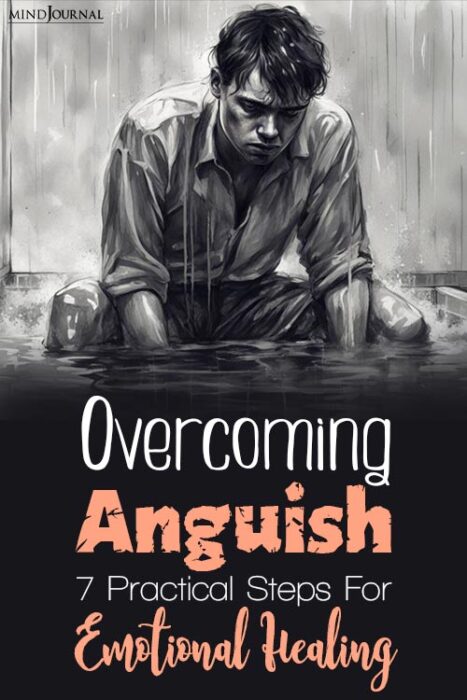
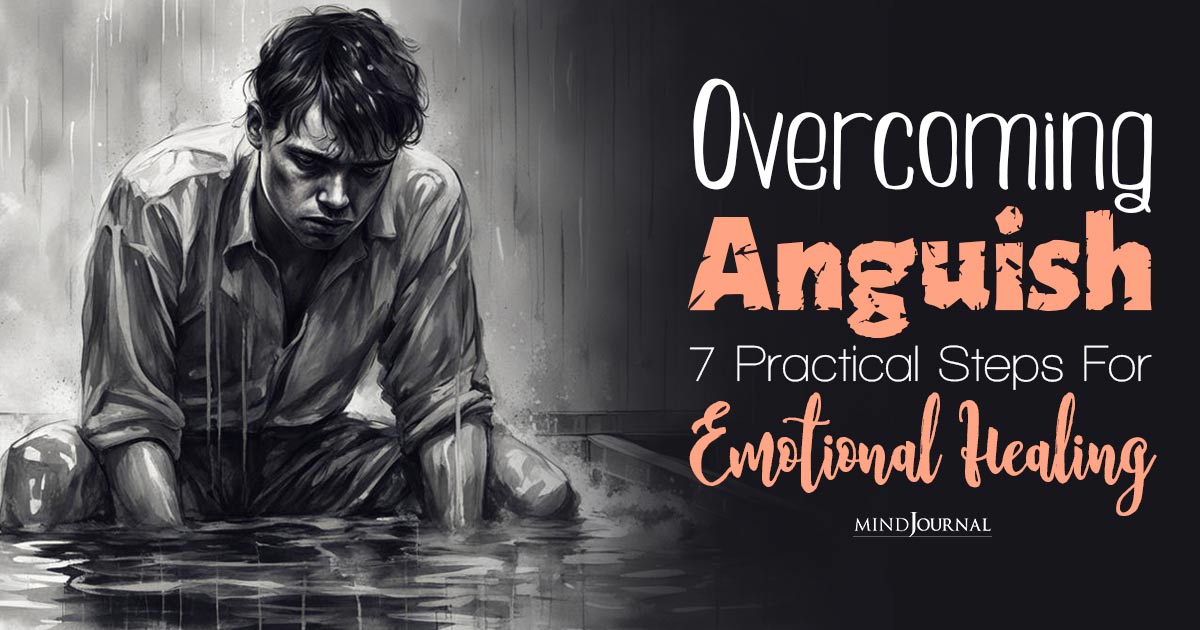
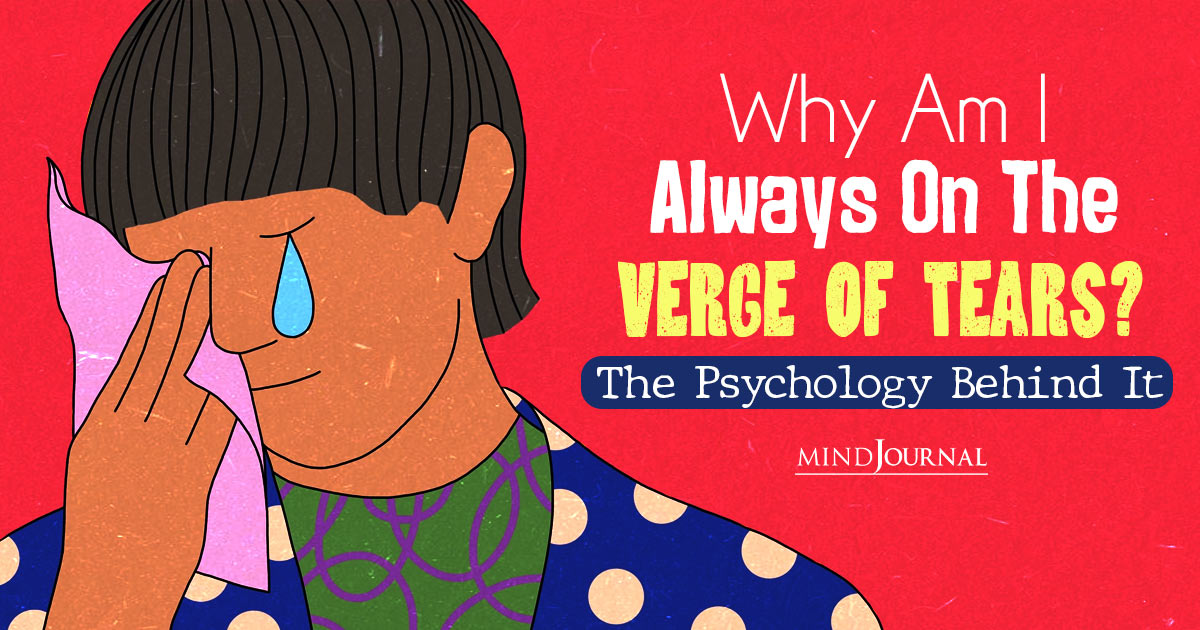

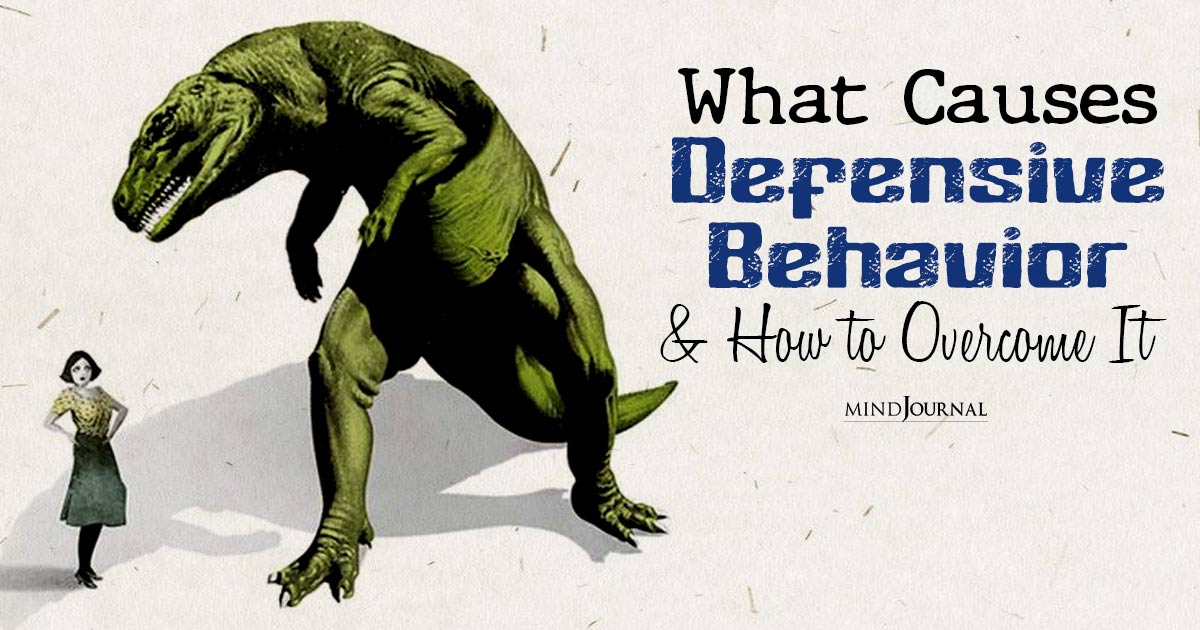

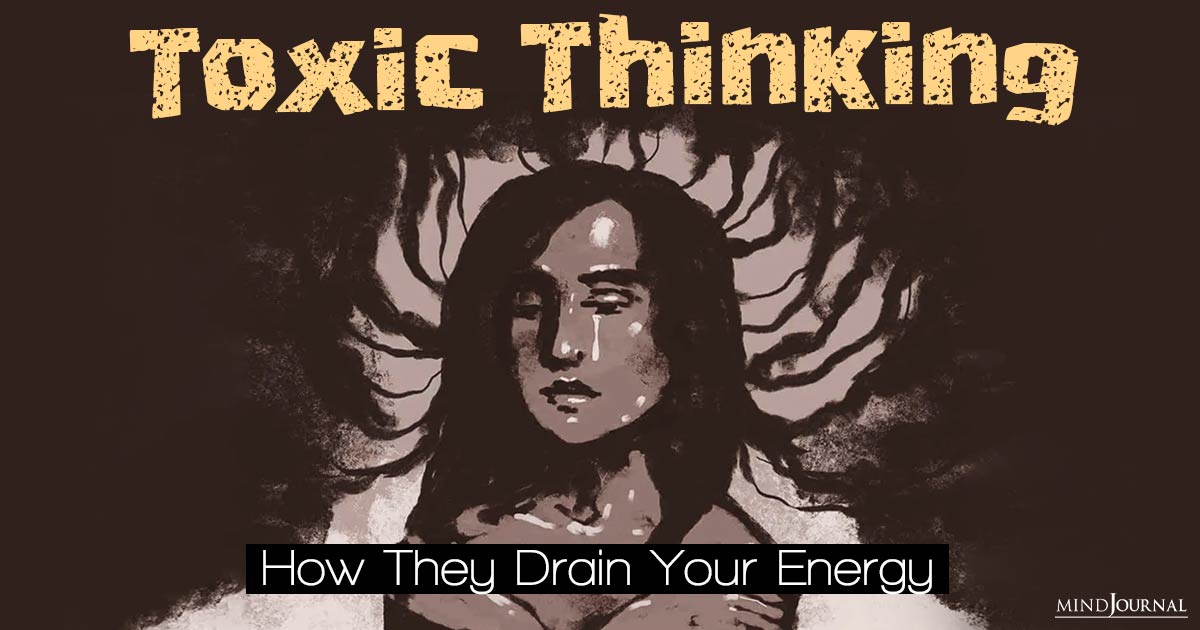
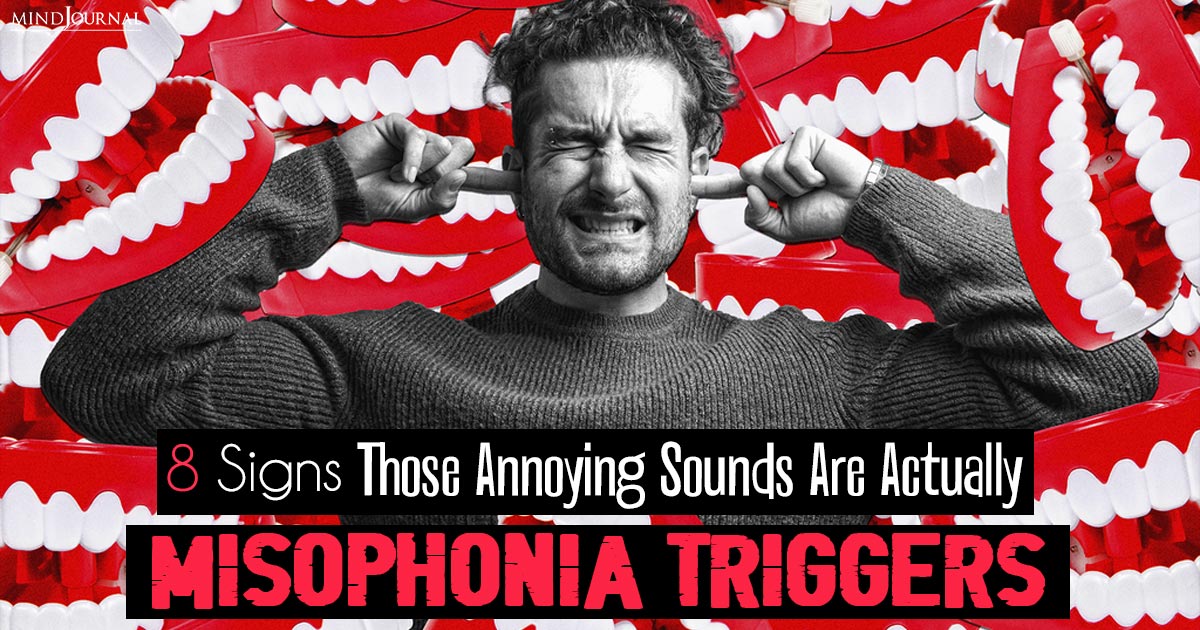
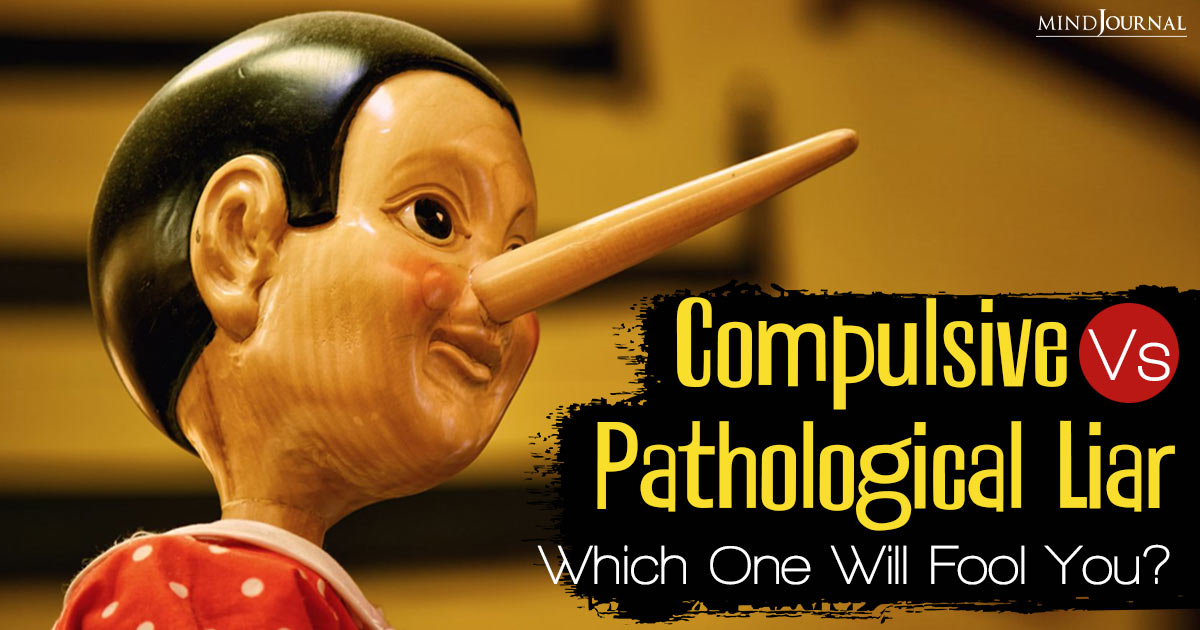
Leave a Reply
You must be logged in to post a comment.